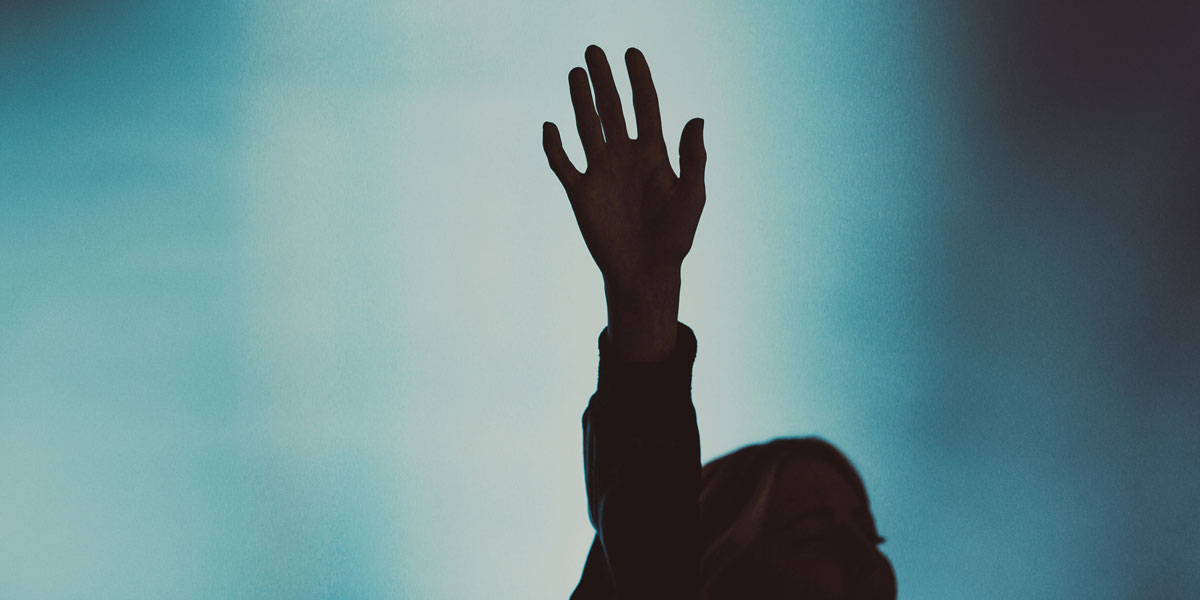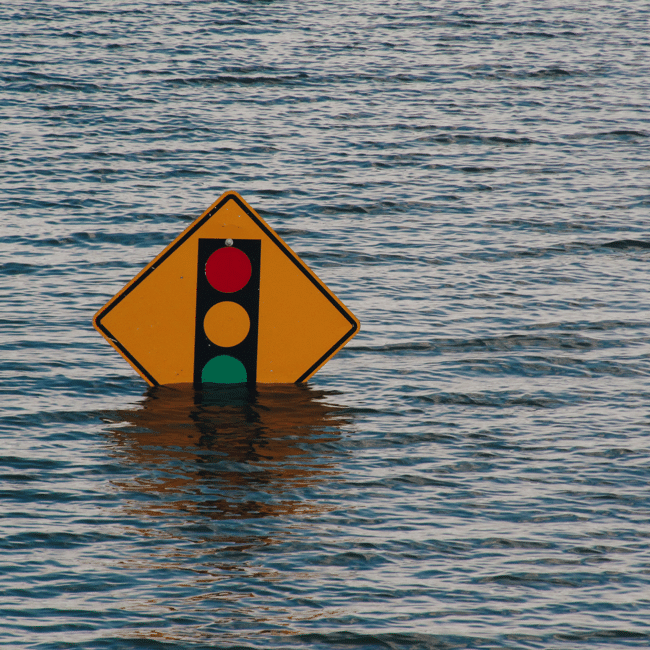
Ethics Explainer: Moral Courage
ExplainerSociety + CulturePolitics + Human Rights
BY The Ethics Centre 29 APR 2025
Martin Luther King Jr, Rosa Parks, Frederick Douglass, Susan B. Anthony, Greta Thunberg, Vincent Lingiari, Malala Yousafzai.
For most, these names, and many more, evoke a sense of inspiration. They represent decades and centuries of steadfast moral conviction in the face of overwhelming national and global pressure.
Rosa Parks, risking the limited freedom she was afforded in 1955 America, refused to acquiesce to the transit segregation of the time and sparked an unprecedented boycott led by Martin Luther King Jr.
Frederick Douglass, risking his uncommon position of freedom and power as a Black man in pre-civil rights America, used his standing and skills to advocate for women’s suffrage.
There have always been people who have acted for what they think is right regardless of the risk to themselves.
This is moral courage. The ability to stand by our values and principles, even when it’s uncomfortable or risky.
Examples of this often seem to come in the form of very public declarations of moral conviction, potentially convincing us that this is the sort of platform we need to be truly morally courageous.
But we would be mistaken.
Speaking up doesn’t always mean speaking out
Having the courage to stand by our moral convictions does sometimes mean speaking out in public ways like protesting the government, but for most people, opportunities to speak up manifest in much smaller and more common ways almost every day.
This could look like speaking up for someone in front of your boss, questioning a bully at school, challenging a teacher you think has been unfair, preventing someone on the street from being harassed or even asking someone to pick up their litter.
In each case, an everyday occurrence forces us to confront discomfort, and potentially danger or loss, to live out our values and ideals. Do we have the courage to choose loyalty over comfort? Honesty over security? Justice over personal gain?
The truth is that sometimes we don’t.
Sometimes we fail to take responsibility for our own inaction. Nothing shows this better than the bystander effect: functionally the direct opposite to moral courage, the bystander effect is a social phenomenon where individuals in group or public settings fail to act because of the presence of others. Being surrounded by people causes many of us to offload responsibility to those around us, thinking: “Someone else will handle it.”
This is where another kind of moral courage comes into play: the ability to reflect on ourselves. While it’s important to learn how and when to speak up, some internal work is often needed to get there.
Self-reflection is often underestimated. But it’s one of the hardest aspects of moral courage: the willingness to confront and interrogate our own thoughts, habits, and actions.
If someone says something that makes you uncomfortable, the first step of moral courage is acknowledging your discomfort. All too often, discomfort causes us to disengage, even when no one else is around to pass responsibility onto. Rather than reckon with a situation or person who is challenging our values or principles, we curl up into our shells and hope the moment passes.
This is because moral courage can be – it takes time and practice to build the habits and confidence to tolerate uncomfortable situations. And it takes even more time and practice to prioritise what we think is right with friends, family and colleagues instead of avoiding confrontation in relationships that are already often complicated.
It can get even more complicated once we consider all of our options because sometimes the right ways to act aren’t obvious. Sometimes, the morally courageous thing to do is actually to be silent, or to walk away, or to wait for a better opportunity to address the issue. These options can feel, in the moment, akin to giving up or letting someone else ‘win’ the interaction. But that is the true test of moral courage – being able to see the moral end goal and push through discomfort or challenge to get there.
The courage to be wrong
The flipside to self-reflection is the ability to recognise, acknowledge and reflect with grace when someone speaks up against us.
It’s hard to be told that we’re wrong. It’s even harder to avoid immediately placing walls in our own defence. Overcoming that is the stuff of moral courage too – not just being able to confront others, but being able to confront ourselves, to question our understanding of something, our actions or our beliefs when we are challenged by others.
Whether these changes are worldview-altering, or simply a swapping of word choice to reflect your respect for others, the important thing is that we learn to sit with discomfort and listen. Listen to criticism but also listen to our own thoughts and figure out why our defences are up.
Because in the end, moral courage isn’t just about bold public stands. It’s about showing up—in big moments and more mundane ones—for what’s right. And that begins with the courage to face ourselves.

Ethics in your inbox.
Get the latest inspiration, intelligence, events & more.
By signing up you agree to our privacy policy
You might be interested in…
Opinion + Analysis
Climate + Environment, Politics + Human Rights
Who is to blame? Moral responsibility and the case for reparations
Opinion + Analysis
Society + Culture
The ethics of pets: Ownership, abolitionism and the free-roaming model
Opinion + Analysis
Politics + Human Rights
The rights of children
Big thinker
Politics + Human Rights




